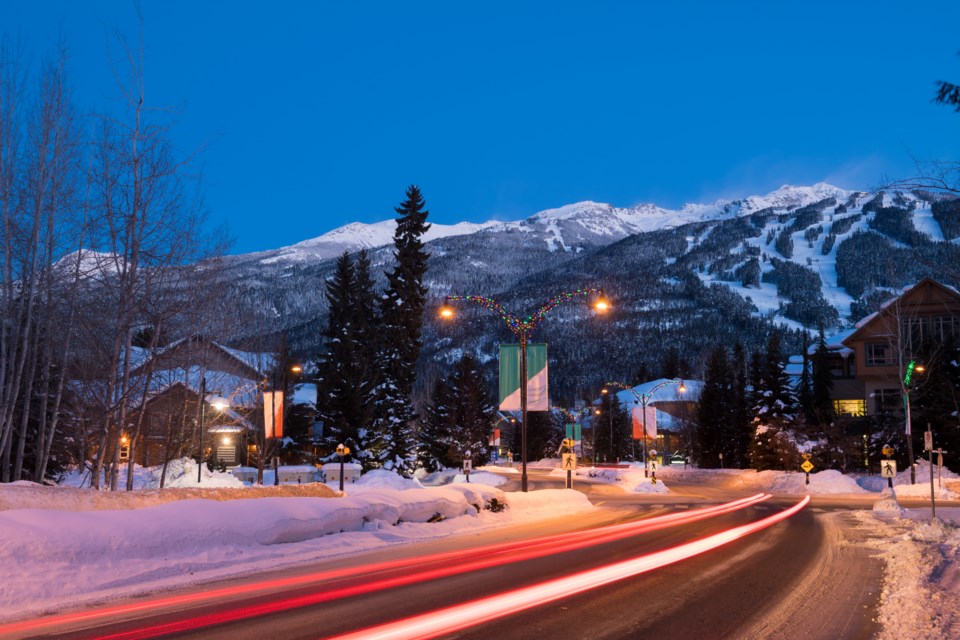Traffic has really reared its ugly head this year as we all know—locals and visitors alike.
Did you know that an average vehicle idling for 10 minutes burns more than a cup of fuel and produces almost 700 grams of CO2? [Consider the traffic jam from] a week ago, on Sunday, Jan. 9: One thousand cars x three hours = 12,600,000 grams of CO2. That’s 12,600 kilograms.
What are the reasons for this traffic? City folk love Whistler? There are no options besides coming to Whistler for the day because of border issues? It snowed in Canada? People can’t drive? Highway 99 is two lanes? There are no real public transportation options? BC Rail was sold under a cloud of corruption, and we don’t have rail like the rest of the world? People love Whistler and that is awesome!
That’s why we have traffic congestion.
Some options for thought:
1: Railway—our local governments must lobby the provincial government with force and with threats of eminent domain to take over the CN property if it doesn’t provide a rail passenger service. If it doesn’t provide a service, then let’s take its land away and use it for employee housing.
A good rail service from Lonsdale will work, especially now given the attitudes towards the environment and, of course, the six-plus-hour drive to Vancouver.
2: Parkade—a multi-story parkade in Function/Cheakamus. Then shuttle bus people from that lot to the mountains. There is the land. A lot of it is unusable and under power lines. At a cost of about $20 million plus another $750K for shuttle buses, a five-story, concrete, 150,000-square-foot structure could be built housing 500 cars. Heck, let’s build two.
How to pay for it? Privatize or issue municipal bonds.
3: Buses—what if we built a bus system to/from the city that was modern and fast? TV monitors on each seat, food service and other amenities. Make taking the bus cool. Long term, how about the Resort Municipality of Whistler invests in public transit catering to our tourists?
4: Immediate actions—provide incentives to take the buses that exist now immediately. Discounts and coupon books funded by the Resort Municipality Initiative for anyone who takes the bus from the city. Win-win for local bus operators and local businesses, while reducing C02.
Remove the traffic lights at all the intersections on Highway 99 and put in traffic circles. Use adaptive signal technology which, as an example, has reduced traffic congestion in Japan by 35 per cent.
We talk about climate change. We ask residents to use their cars less. We study and have meetings. What we don’t do is act. It’s time for local governments to act, because nothing will happen at a provincial or federal level to help our ‘little’ hamlet.




